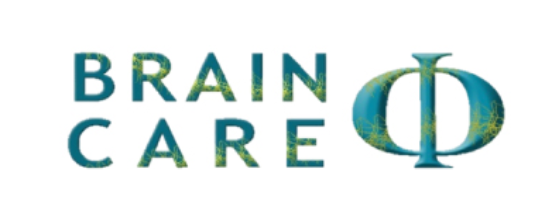
Attention Deficit - Hyperactivity Disorder (ADHD)
What is Attention Deficit Hyperactivity Disorder - ADHD
Everything we do on a daily basis requires some degree of focus, concentration, organization or attention. For people with ADHD (Attention Deficit Hyperactivity Disorder), nearly every task has a thousand distractions or alternate routes. While we all have difficulties with attention, organization, planning and focus, for some it warrants a diagnosis. To know whether this is the case for you, it is important to identify the signs, symptoms and know how to accurately assess and intervene.
Put simply, ADHD is a neurodevelopmental disorder that typical affects our ability to maintain attention and focus and inhibit impulsive or hyperactive behaviours. ADHD typically develops in childhood and without intervention to manage symptoms, issues can persist into adolescence and adulthood. This can have a significant impact on academic, social, emotional and professional functioning.
ADHD is usually classified into three different presentations: Inattentive, Hyperactive, and Combined. Another significant issue regarding ADHD is it’s high rate of co-occurrence with other mental health conditions. Commonly disorders that are comorbid with ADHD include Autism Spectrum Disorder, Depression, and Bipolar Disorder. Because of this, it is important to understand and clearly identify what symptoms are most concerning and how they might be affecting your emotions, thoughts, behaviours. relationships, education or work. To do this, it is essential to have comprehensive assessment strategies.
Assessesment of ADHD
Brain Care offers comprehensive and specialized assessments of ADHD to help gain a better understanding of you, your child or a loved one. To do this, we implement a multi-facetted approach to cover how you or your loved ones presentation affects you. Some of the methods that help us to achieve a comprehensive understanding include clinical interviews, formal assessments, sensory profiling and brain mapping. A Report with summary of results, diagnosis, therapy plan, and behavioral strategies can also be provided for your reference or to share with teachers, allied health professionals, or significant people in yours or your loved ones life.
Management of ADHD
Two common psychotherapy approaches to help manage and treat symptoms of ADHD are Behavioural therapy and Cognitive Behavioural Therapy (CBT).
As ADHD is a neurodevelopmental disorder, addressing the underlying physiology of yours or your loved ones symptoms can be an important aspect to assist in behavioural change. EEG Biofeedback or Neurofeedback is the process of learning to train your brain waves to make them more adaptive. Neurofeedback for ADHD typically targets areas of the brain related to executive and cognitive functioning, cognitive and emotional flexibility, sensory processing, sleep regulation and emotional issues. This will depend on the results of a QEEG assessment and what deviations in brain function are identified. Often, we combine both psychotherapy and neurotherapy.
The demand of our daily lives requires ongoing attention, concentration, organization and planning which ADHD can significantly impact. Feeling like you have no control over these skills can also affect our emotions and sense of self-belief to function optimally in a continually changing world. But it doesn’t have to be that way, according to young Brock.
If you believe you or someone you love is experiencing symptoms of ADHD and are looking for support, visit our psychology clinic in Tweed Heads, where counselling is available for children, teens, adults, couples and families. Often the first step is the hardest, but Brain Care is here to support you through the rest of your journey.
WHO WE HELP
Contact Us

